-92%
COVID-19: The Basics, Management, and Future Research Directions
Day 1
1. COVID-19 Fundamentals and Pathophysiology:
– Understanding the novel coronavirus’s structure, transmission, and potential mutations.
– Delving into the virus’s infection mechanisms and how it interacts with the human immune system.
2. Management Strategies for COVID-19:
– Exploring the latest evidence-based treatments for COVID-19, including antiviral therapies, oxygen therapy, and supportive care measures.
– Identifying the role of non-invasive and invasive respiratory support in managing acute respiratory distress syndrome (ARDS).
3. Pre-ICU Care in COVID-19:
– Assessing the critical factors to consider when managing COVID-19 patients outside the intensive care unit (ICU).
– Employing early warning systems to determine when ICU intervention is necessary.
4. Personalized Medicine in COVID-19:
– Evaluating the role of genomic and biomarker profiling in guiding personalized treatment decisions.
– Understanding how genetic variations influence disease severity and response to therapy.
5. Intubation Decision-Making: The Critical Question:
– Exploring the clinical criteria and ethical considerations involved in deciding whether to intubate COVID-19 patients.
– Identifying the risks and benefits associated with invasive mechanical ventilation.
6. Oxygen Therapeutics in COVID-19:
– Determining the optimal oxygen delivery strategies to maintain adequate oxygenation and prevent tissue hypoxia.
– Evaluating the role of high-flow nasal cannula, non-invasive ventilation, and extracorporeal membrane oxygenation (ECMO).
7. Analgesia and Sedation in COVID-19:
– Understanding the principles of pain and sedation management in critically ill COVID-19 patients.
– Exploring the advantages and disadvantages of different drug choices and monitoring strategies.
8. Neuromonitoring in COVID-19:
– Employing neurologic monitoring techniques to assess brain function and detect early signs of neurologic complications.
– Identifying the role of electroencephalography (EEG) and other modalities in guiding decision-making.
9. Albumin Administration in COVID-19:
– Exploring the potential benefits and risks of albumin administration in critically ill COVID-19 patients.
– Evaluating the evidence for the use of albumin as a fluid resuscitator and a therapeutic intervention.
10. Fluid Management in COVID-19:
– Determining the optimal fluid therapy strategies to maintain adequate circulatory volume and organ perfusion.
– Assessing the role of fluid restriction, balanced crystalloids, and colloids in managing COVID-19-associated fluid disturbances.
11. Cardiogenic Shock in COVID-19:
– Understanding the mechanisms and management of cardiogenic shock in critically ill COVID-19 patients.
– Exploring the use of vasopressors, inotropes, and circulatory support devices.
12. Microcirculation in COVID-19:
– Identifying the alterations in microcirculatory function observed in COVID-19 and their impact on organ dysfunction.
– Exploring the use of microcirculation monitoring techniques to guide resuscitation and therapeutic interventions.
13. Sepsis: Essential Concepts and Management in COVID-19:
– Understanding the definitions, pathophysiology, and clinical manifestations of sepsis in COVID-19 patients.
– Discussing the key principles of sepsis management, including early recognition, prompt intervention, and source control.
14. Renal Replacement Therapy in COVID-19:
– Exploring the indications, modalities, and complications of renal replacement therapy in critically ill COVID-19 patients with acute kidney injury.
– Identifying the optimal timing, dosage, and monitoring strategies for hemodialysis and continuous renal replacement therapy.
15. End-of-Life Decision-Making in COVID-19:
– Addressing the ethical and practical considerations involved in end-of-life decisions in critically ill COVID-19 patients.
– Exploring the role of palliative care in providing comfort and support to patients and their families.
16. Developing a Critical Care Research Program Amid COVID-19:
– Understanding the challenges and opportunities of conducting clinical research during a pandemic.
– Identifying strategies for designing and implementing meaningful studies while ensuring patient safety and scientific integrity.
17. Intra-abdominal Hypertension in COVID-19:
– Assessing the prevalence, risk factors, and management of intra-abdominal hypertension in critically ill COVID-19 patients.
– Exploring the role of abdominal decompression techniques and monitoring strategies.
18. COVID-19 Requires a Specific Management Approach:
– Emphasizing the unique clinical characteristics of COVID-19 and highlighting the need for tailored management strategies.
– Identifying the differences between COVID-19 and other forms of respiratory failure or sepsis.



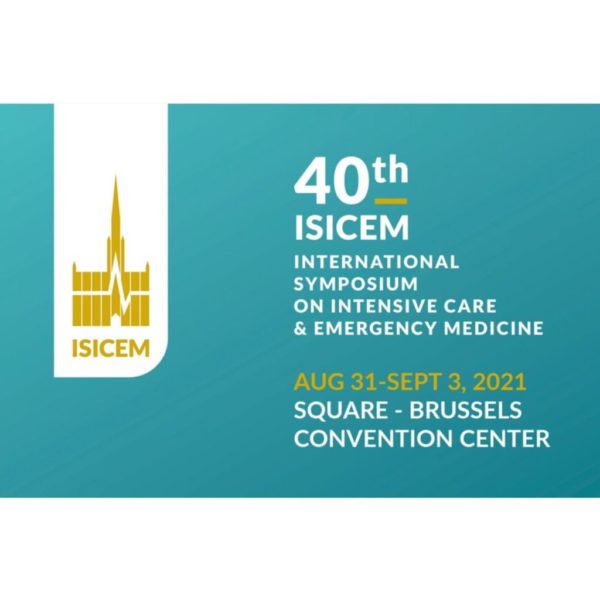
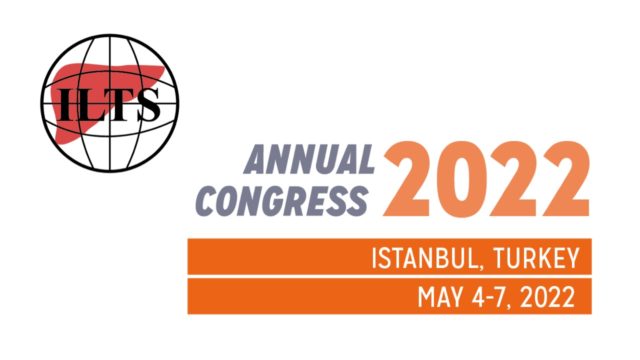

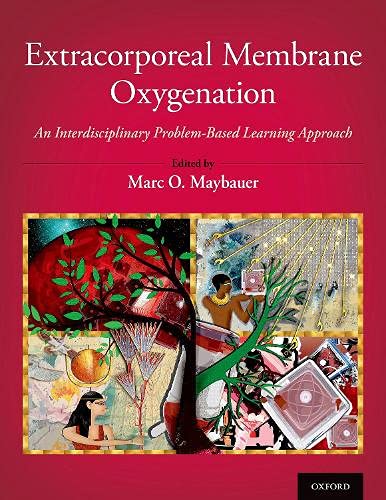
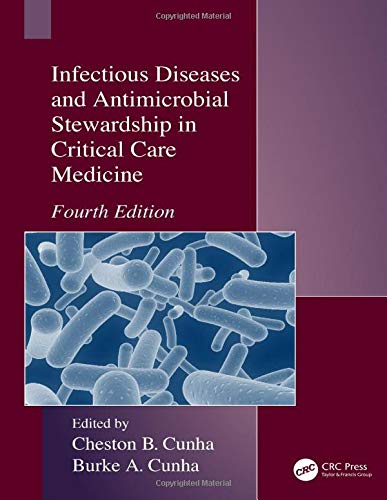
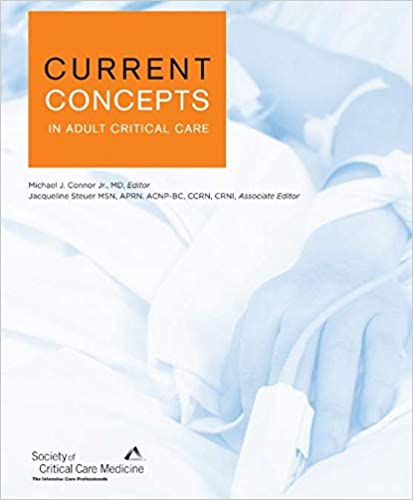
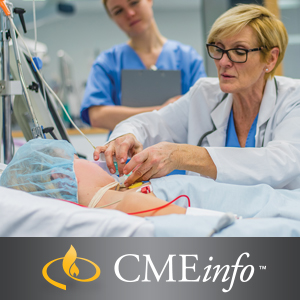
Reviews
Clear filtersThere are no reviews yet.